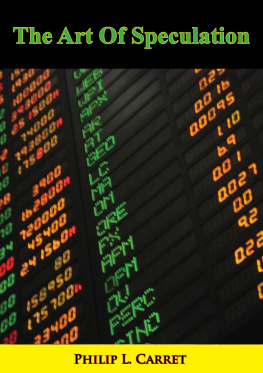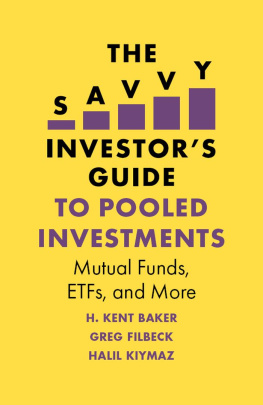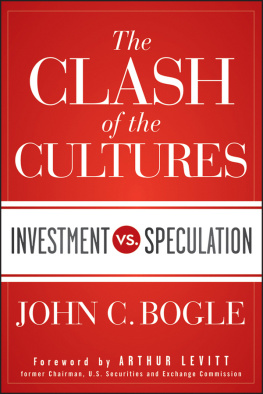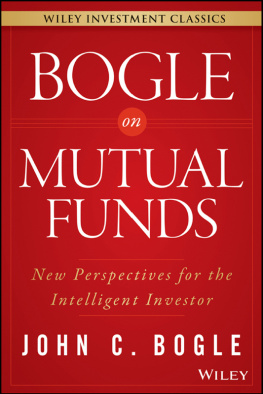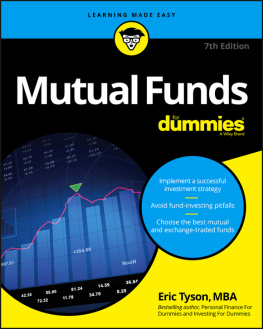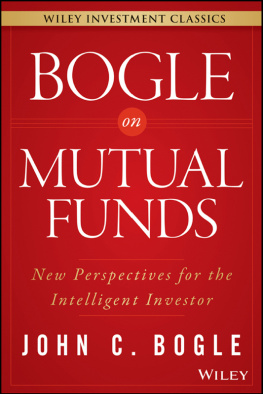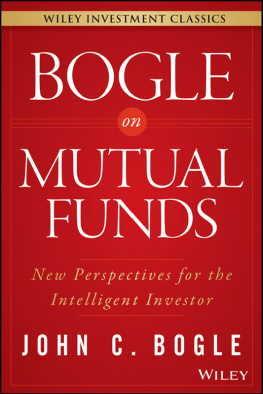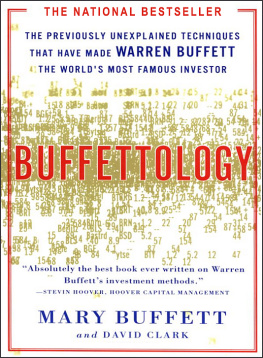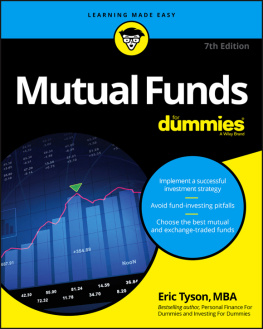

This edition is published by PICKLE PARTNERS PUBLISHINGwww.picklepartnerspublishing.com
To join our mailing list for new titles or for issues with our books picklepublishing@gmail.com
Or on Facebook
Text originally published in 1930 under the same title.
Pickle Partners Publishing 2015, all rights reserved. No part of this publication may be reproduced, stored in a retrieval system or transmitted by any means, electrical, mechanical or otherwise without the written permission of the copyright holder.
Publishers Note
Although in most cases we have retained the Authors original spelling and grammar to authentically reproduce the work of the Author and the original intent of such material, some additional notes and clarifications have been added for the modern readers benefit.
We have also made every effort to include all maps and illustrations of the original edition the limitations of formatting do not allow of including larger maps, we will upload as many of these maps as possible.
THE ART OF SPECULATION
BY
PHILIP L. CARRET

THE FLOOR OF THE NEW YORK STOCK EXCHANGE
TABLE OF CONTENTS
Contents
PREFACE
THE man who looks upon speculation as a possible means of avoiding work will get little benefit from this book. It is written rather for the man who is fascinated by the complexity of the forces which produce the ceaseless ebb and flow of security prices, who wishes to get a better understanding of them.
Successful speculation requires capital, courage and judgment. The speculator himself must supply all three. Natural good judgment is not enough. The speculators judgment must be trained to understand the multitudinous facts of finance. It is the hope of the author that this book will be of assistance in this connection.
P. L. C.
CHAPTER IWHAT IS SPECULATION?
Speculation in Every BusinessThe Investor Cannot Escape SpeculationA DefinitionImportance of Organized MarketsThe Speculator Points the Way to the InvestorSpeculators Help Support the Financial MachineryThe Analysis of Values
A TREATISE on investment needs no defense. Everyone who is not a socialist or communist realizes more or less vividly the vital part which capital plays in the modern world. It is readily admitted that the investor is entitled to a fair return for the use of the wealth accumulated by his self-denial. The average intelligent person recognizes fully the justice of permitting the hundreds of thousands of investors who make possible the unceasing growth of our telephone system a return, on the average, of 8% on their money. Such a person also recognizes the necessity of supporting the elaborate machinery which transmutes the hard-saved thousand dollars of a New York school-teacher into the equipment of a California hydroelectric plant. It is only the economically illiterate who regard bond salesmen, brokers and the other specialists of the financial world as parasites or non-producers.
The case is different with speculation. It is by no means clear to the average man that the successful speculator contributes anything to the worlds welfare by way of compensation for his financial gains. So far as he is personally familiar with speculative operations the average man sees more of losses than of gains. As there seems, on superficial consideration, to be no benefit to society from speculative operations, it is commonly believed that in speculation as in gambling the gains of the success-full merely offset the losses of the unsuccessful. It is small wonder that Jay Gould, Daniel Drew and other noted speculators have never been popular figures.
A FLYER IN WHEAT
It is unfortunate that the word speculation immediately suggests the word stocks to most people. When his neighbors gather at the 19th hole of the local country club and discuss the apparent prosperity of Henry Robinson, the local miller, their natural comment is that Henry is a shrewd business man. It occurs to no one to say that Henry is a successful speculator, though the flourishing state of his business may be due far more to his correctness in judging the wheat market than to his skill as a manufacturer or merchant. Though the speculation involved in the millers operations is incidental to his main business, it is speculation none the less.
THE DANCE OF THE MILLIONS
No profound research is necessary to indicate that this sort of speculation enters in very large degree into the operations of every business. On the rising sugar market that culminated with 22-cent sugar in 1920 it was literally impossible for any producer or refiner of sugar in the world to escape a fleeting prosperity. There resulted in Cuba the orgy of extravagance known as the Dance of the Millions. In the debacle of 1921, with sugar at two cents a pound, it was quite as impossible for any sugar producer to make money. Such extremes as these are fortunately unusual, but fluctuations in the prices of every commodity are constantly occurring. In varying degrees every business man, whether he be a manufacturer of Steel or the proprietor of a notion shop, is affected by price fluctuations of the things in which he deals.
SPECULATORS BY NECESSITY
It is a commonplace that the success of a cotton mill depends almost as much on the shrewdness with which its manager purchases his raw material as on the efficiency with which he operates his plant. The successful manufacturer of cotton textiles must then be to a considerable degree a successful speculator in raw cotton. If he buys cotton at the wrong time or fails to buy it at the right time, his profits will be small, or non-existent. This is so much a matter of course that it is taken for granted, even by those who voice their disapproval of the speculator in stocks.
It will at once be suggested that there is a vital difference between the stock speculator and the business man. The latter, it will be said, is not a speculator by choice. Certain speculative risks are inherent in his business, and those he must minimize by the exercise of good judgment. They are incidental, however, to his main business. The textile manufacturer does not run a cotton mill as an excuse for speculating in cotton. He runs it to supply the world with cotton goods. The speculation is a necessary evil. The speculator in stocks, one may be told, has no such respectable excuse for his operations. He is merely a buyer and seller of intangibles which are not transformed in any way while in his possession. If the stocks he sells fall in price, he has merely enriched himself at the expense of the unlucky purchaser. If those he buys advance, no credit is due him for the fact. In fact, he is an idler who should be busy, a capitalist whose funds might more use-fully be employed.
Familiar observation of the sources whence a stock brokers customers are drawn lends force to the indictment against the speculator. The lawyer whose partner neglects his practice to spend profit-less hours poring over the quotations in the morning paper and haunting his brokers board-room is one strong critic of stock speculation. The business man who has seen a promising subordinate lose interest in his job as he caught the fever of the ticker is another. Then there are the well-known figures, whose origin no one seems to know, but whose authenticity no one questions, that 95% of traders in stocks lose money in the long run. These are readily available to the critics of stock speculation.
Next page
